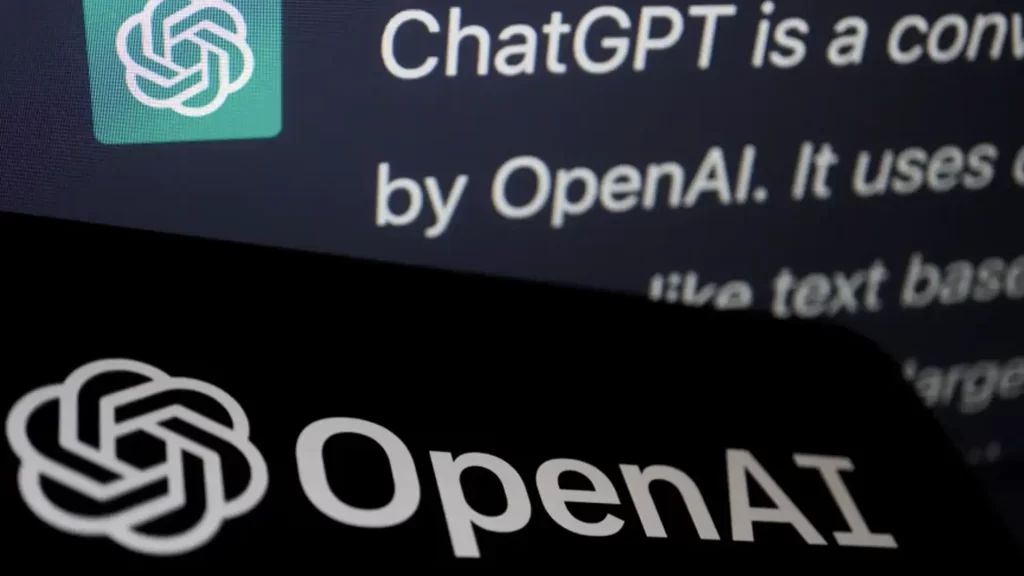Artificial Intelligence (AI) has been a buzzword for quite some time now. It has become a topic of discussion across industries, from healthcare to finance to transportation. While AI has been around for decades, the recent advancements in technology have propelled it into the mainstream. However, with the growing popularity of AI, we have also seen an influx of people claiming to be experts in the field. In this article, we will explore why everyone is suddenly an expert in AI and what it means for the future of the industry.
The democratization of knowledge
The internet has brought about a democratization of knowledge. Information that was once exclusive to certain groups is now available to anyone with an internet connection. This has enabled people from all walks of life to learn about and engage with AI. There are now numerous online courses, tutorials, and blogs that provide easy-to-understand explanations of AI concepts. With just a few clicks, anyone can become familiar with the basics of machine learning, deep learning, and other AI technologies. Social media has also played a significant role in the democratization of knowledge. Experts in AI often share their knowledge on social media platforms like Twitter and LinkedIn, making it easy for others to learn from them. This has also created a culture where people can ask questions and engage with experts in real-time.
Increased investment in AI
Another reason why everyone seems to be an expert in AI is the increased investment in the field. In recent years, companies and governments have invested billions of dollars into AI research and development. This has created an influx of job opportunities in the field, making it more accessible to people who are interested in it.
As more people enter the field, the knowledge base expands. This means that people who are interested in AI have access to a wider range of resources and can learn from a broader range of experts. This has resulted in a culture where people can learn about AI from others who are just starting out, as well as from established experts.

AI is becoming more accessible
Advancements in technology have also made AI more accessible to the general public. Many AI tools are now available as open-source software, allowing anyone to use and modify them. This has created a community of developers who are constantly experimenting and improving upon existing AI technologies.

There are also numerous AI-powered products and services that are available to consumers. For example, virtual assistants like Siri and Alexa use AI to understand and respond to user requests. Chatbots powered by AI are also becoming more prevalent in customer service and e-commerce. As AI becomes more prevalent in our daily lives, people are becoming more familiar with the technology and are developing a better understanding of how it works.

What it means for the future of the industry
The fact that so many people are interested in and knowledgeable about AI is a good thing for the future of the industry. It means that there will be a larger pool of talent available to tackle the challenges that lie ahead. It also means that there will be more diversity in the field, as people from different backgrounds and with different levels of expertise enter the industry.
However, it’s important to note that not everyone who claims to be an expert in AI actually is. As with any field, there are individuals who may not have the necessary expertise or qualifications to back up their claims. As the industry continues to grow and evolve, it will be important to ensure that standards are put in place to verify the credentials of AI experts.
In conclusion, the democratization of knowledge, increased investment in AI, and advancements in technology have all contributed to the widespread interest in and knowledge of AI. AI is a complex field that requires a deep understanding of computer science, mathematics, and other technical areas. While there are certainly many people who have expertise in AI, it’s important to be cautious and do your research before accepting someone’s claims of expertise.








































Leave a Reply